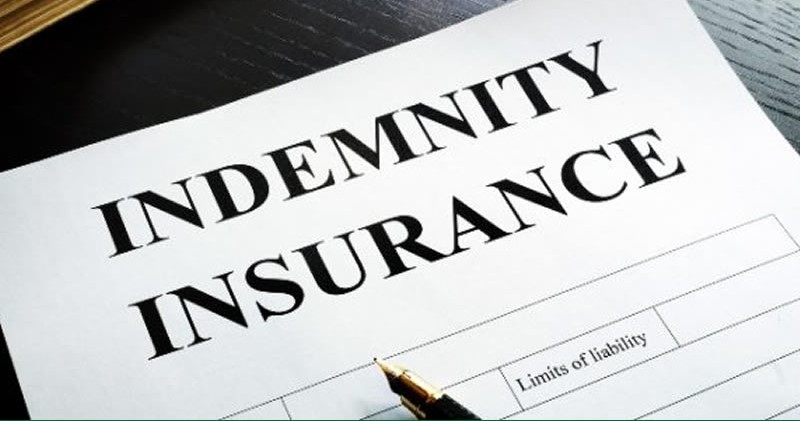
How to Know if You Need Professional Indemnity Insurance
Anyone who gives professional advice, delivers designs or provides a service might need professional indemnity insurance. In fact, it’s the most important type of protection for many businesses, small and large. Professional indemnity insurance in the UK can not only protect a business financially against a client negligence claim but it is also required in some situations.
Many other professions need PI insurance, from surveyors and engineers to insurance brokers and PR firms. However, deciding if it’s really necessary for any individual business or person can help to understand what types of situations PI insurance covers and the three reasons it’s typically needed. This short article will cover these important topics.
Why is Professional Indemnity Needed?
PI insurance can be ‘needed’ for a variety of reasons. First of all, it could be required by a professional or regulatory body. Solicitors, chartered accountants, architects, financial advisors, insurance brokers, surveyors and engineers all must meet certain minimum PII requirements according to their relevant regulatory bodies and professional organisations.
Second, clients might demand that a firm holds PII coverage. It protects the professional and protects clients by ensuring there are funds available to cover a potential claim.
And finally, a business might simply want PII to protect itself in the event of a mishap. A simple mistake can result in a loss to a client, which turns into a claim situation. Having the right cover in place protects the business from the potentially disastrous legal costs to defend the claim, as well as any compensation needing to be paid to the client.
Examples of professionals who give advice includes solicitors, financial professionals and accountants.
Examples of professionals who deliver designs include architects, builders or tradesmen, software engineers, and other designers.
Examples of professionals who provide service include solicitors, recruitment agents and accountants.
Professional Indemnity Insurance Definition
Professional indemnity insurance protects professionals who their clients sue for giving negligent advice, designs or service. For example, if a client suffers a financial loss as a result of a professional’s negligence, they can sue the professional for the loss. Even if the loss is simply ‘perceived’, according to insurance experts NimbleFins.
The actual coverage afforded by a PI insurance policy extends to paying the legal costs incurred to defend a claim and compensation payments that a business must pay the client as a result of the claim.
Examples of Professional Indemnity Insurance Claims
When trying to understand the practical applications of PI insurance, it can help to look at some real-life examples. Of course, each claim situation is different, but these can give a sense of how PI insurance can actually work. In turn, understanding PI coverage examples can help one determine whether or not they need to buy a policy considering their work.
- An accountant makes a significant error on a business’s bookkeeping records that results in the business facing financial difficulties and necessitating the business to take out a loan. The business sues the accountant for the associated costs.
- A construction project must be stopped mid-way because the builders discover a miscalculation in the architect’s blueprints. There are extensive costs involved with putting the mistake right, from getting new designs to partial demolition and new building works. The property owner sues the architect for these costs.
- An interior designer recommends an expensive, bespoke bed to their customer, but the bed is too large to fit up the stairs of the property. The bed cannot be returned, nor can it be used. The customer sues the designer for the cost of sourcing a replacement bed.
- A solicitor advises a customer on moving certain operations abroad for a tax benefit. The HMRC later rejects this benefit and penalises the company for the move. As a result, the customer sues the solicitor to claw back the costs of the move and the HMRC investigation.
- A freelance shoe designer is hired to design a pair of shoes for a new shoe brand. Unfortunately, the designs did not include sufficient stitching and glue, and the shoes fell apart quickly, damaging the reputation and finances of the shoe company. They sue the designer for negligence.
Summary
In short, any person or business who is paid for providing (or provides for free) professional advice, designs or service might need PI insurance. Without coverage in place, there is a great risk to finances, plus it can mean exclusion from certain regulatory or professional bodies. Not having a policy can also deter some clients. Keep in mind what a customer’s financial loss could be in case of a mistake, as well as the cost of legal fees associated with defending a claim. Even a frivolous claim.


